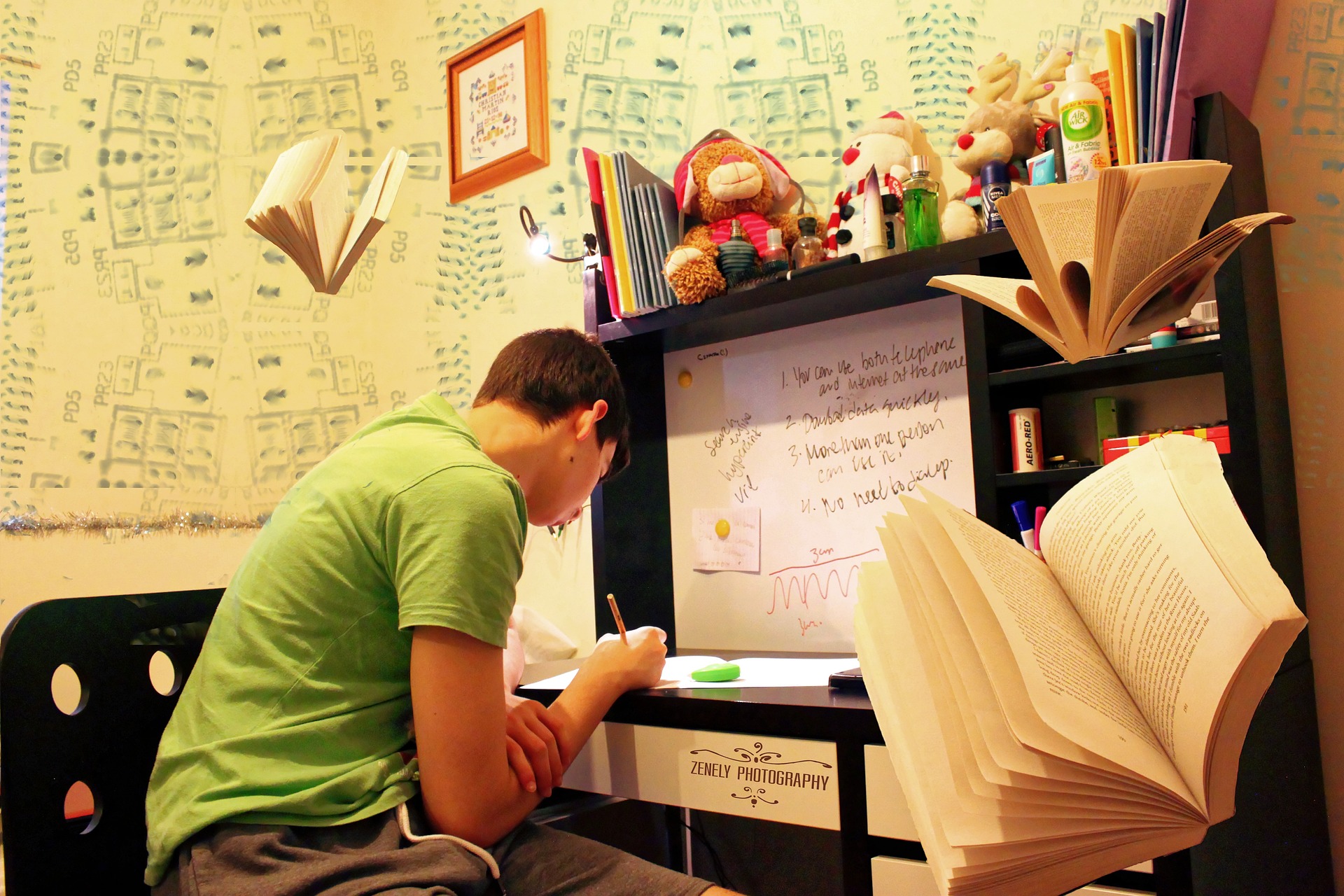It's no secret that being a student is a challenge. Between the homework, the exams, the extracurriculars, and all of the distractions, it can be easy to get overwhelmed and veer off-course academically. However, it's not entirely impossible to become an A+ student—there are certain secrets to attaining the top grades, and the most successful scholars have figured out how to tap into them for their benefit.
It all comes down to study habits. Adopting a good learning style and routine can be the key to achieving an impeccable academic track record, as well as keeping all the aspects of your life as a student in harmony. Of course, different strategies work for different people, so it's important for you to figure out which ones suit you best. Here are some useful study tips from successful students to help you get that A+:
Don't forget to check the comment section below the article for more interesting stories!
#1 Study smart, not hard
It's easy to fall into the trap of simply going through the motions when studying from a textbook or a Powerpoint presentation. Some people might simply read the material or try to memorize it without taking the time to actually comprehend what's being taught in the lesson. Studying smart is about going beyond those automated behaviors. It's about employing other tools or methods to help you learn the same information in a variety of ways. Watch videos, use flashcards, summarize the material to a fellow student, focus on one thing at a time—little things like this can go a long way.

#2 Don't leave it, just do it
Procrastination. Some people might claim that they perform better when they cram, but it's not healthy to overload the brain with so much information in so little time. If you take the initiative to start your assignments early, not only will you avoid the stress of rushing to finish it last minute, you'll also be able to get through the material more thoroughly. You'll also be able to set aside time for editing or consulting with your professor so that you can catch those little mistakes and identify where you can improve before submitting the final product.
#3 Follow the instructions to the letter
For the most part, all assignments and exams will tell you exactly what they want from you. There's often little room to go above and beyond because professors will typically follow their rubrics as strictly as possible in order to make their marking jobs a lot easier. So, if an assignment calls for you to use no more than three sources, don't use more than three sources. If a certain exam question is worth five points, make sure that your answer includes five arguments. This attention to detail will really help you tackle your tests and projects in a systematic way.
#4 Split up your tasks into smaller chunks
When you're faced with something overwhelming like a 40-page lab report or multiple weeks worth of lectures, break down the tasks into manageable steps. Laying out an action plan that you can follow sequentially can help you organize your thoughts and the information better so that you're not jumping all over the place. Completing things in smaller chunks will allow you to check things off your list one by one, and you'll develop a rhythm that will lead you to the finish line in no time.
#5 Find a distraction-free environment
Achieving academic success is not about how much you study, but how you use your study time efficiently. You need to ensure that there are no distractions that can cause you to waste your study time on unnecessary things. Maybe avoid studying in a room where there's a bed or a TV nearby. If you study with a group of people, make sure they're just as focused on the tasks at hand as you are. Find a quiet place with lots of desk space and sufficient lighting—those should be the minimum requirements for a distraction-free environment.
#6 Know when to say no
You might not need to take that AP course or those extra electives in summer school. While it's good to set high standards for yourself, you also don't want to burn yourself out. You shouldn't want to only do the bare minimum, but you also shouldn't overshoot it. You need to make time to socialize and do the things that you love. Learning to establish a good school-life balance is just as important as your grades.






:max_bytes(150000):strip_icc()/GettyImages-647330271-57683dc85f9b58346ae4912c.jpg)